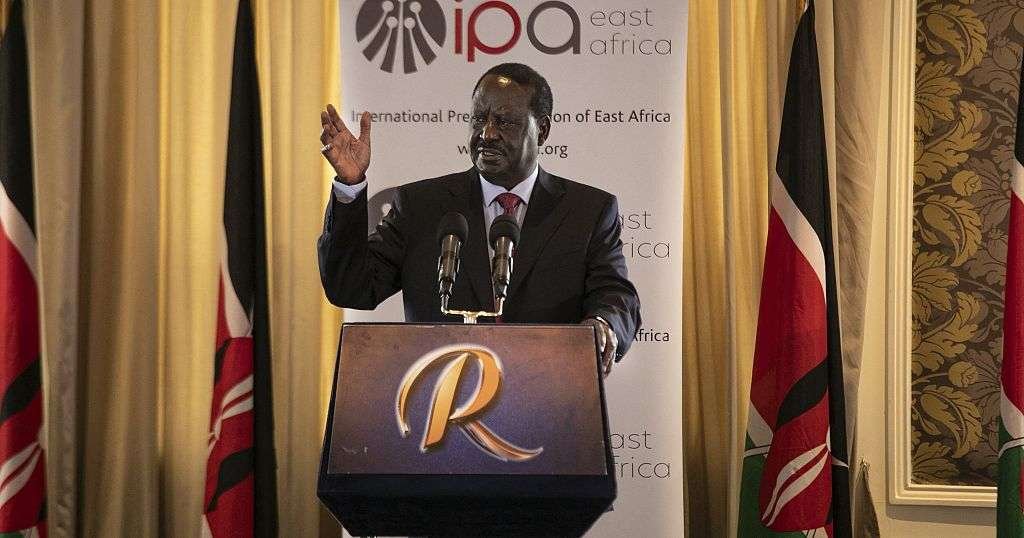Nairobi, Kenya – (African Boulevard News) – Veteran Kenyan opposition leader Raila Odinga has strongly condemned what he calls “unprecedented police brutality” against anti-government protesters in the country. Odinga, a prominent figure known for his role in Kenyan politics, accused the government of pursuing an “ethnic agenda” and called for an end to the violence.
In recent weeks, Kenya has experienced a wave of protests by citizens expressing their dissatisfaction with the government. These demonstrations have been met with a heavy-handed response from the police, leading to several instances of violence and arrests.
Speaking at a press conference, Odinga expressed his concern over the increasing levels of police brutality witnessed during these protests. He stated, “The excessive force used by the police is not only alarming but also unacceptable. We cannot allow for the violation of basic human rights in our country.”
Odinga further accused the government of pursuing an “ethnic agenda” by targeting specific communities in their crackdown on protests. He called for an inclusive approach and urged the government to address the grievances of all Kenyans, regardless of their background or ethnicity.
The opposition leader’s denouncement of police brutality comes as a significant development in the ongoing political landscape of the country. Odinga’s strong stance against the government’s actions adds fuel to the fire and may galvanize further protests and international attention.
International human rights organizations have also raised concerns about the escalating violence. Amnesty International, in a statement, called on the Kenyan authorities to respect the rights of protesters and ensure accountability for any excessive use of force. The organization highlighted the importance of freedom of expression and peaceful assembly as fundamental democratic rights that should be upheld.
As the protests continue, the government faces mounting pressure to address the grievances of its citizens. The international community has also called for restraint and a peaceful resolution to the ongoing crisis. The situation in Kenya remains tense, and there are fears that the violence could escalate further if not addressed promptly.
The government’s response to Odinga’s accusations and the international outcry will be closely watched. The need for a comprehensive and inclusive dialogue to address the concerns of the people has never been more urgent.
In a country that prides itself on its democratic values, the use of excessive force against peaceful protesters raises serious questions about the state of democracy and human rights in Kenya. The government must take swift action to investigate the allegations of police brutality and ensure that those responsible are held accountable. Only then can Kenya move towards a more inclusive and peaceful future for its citizens.

